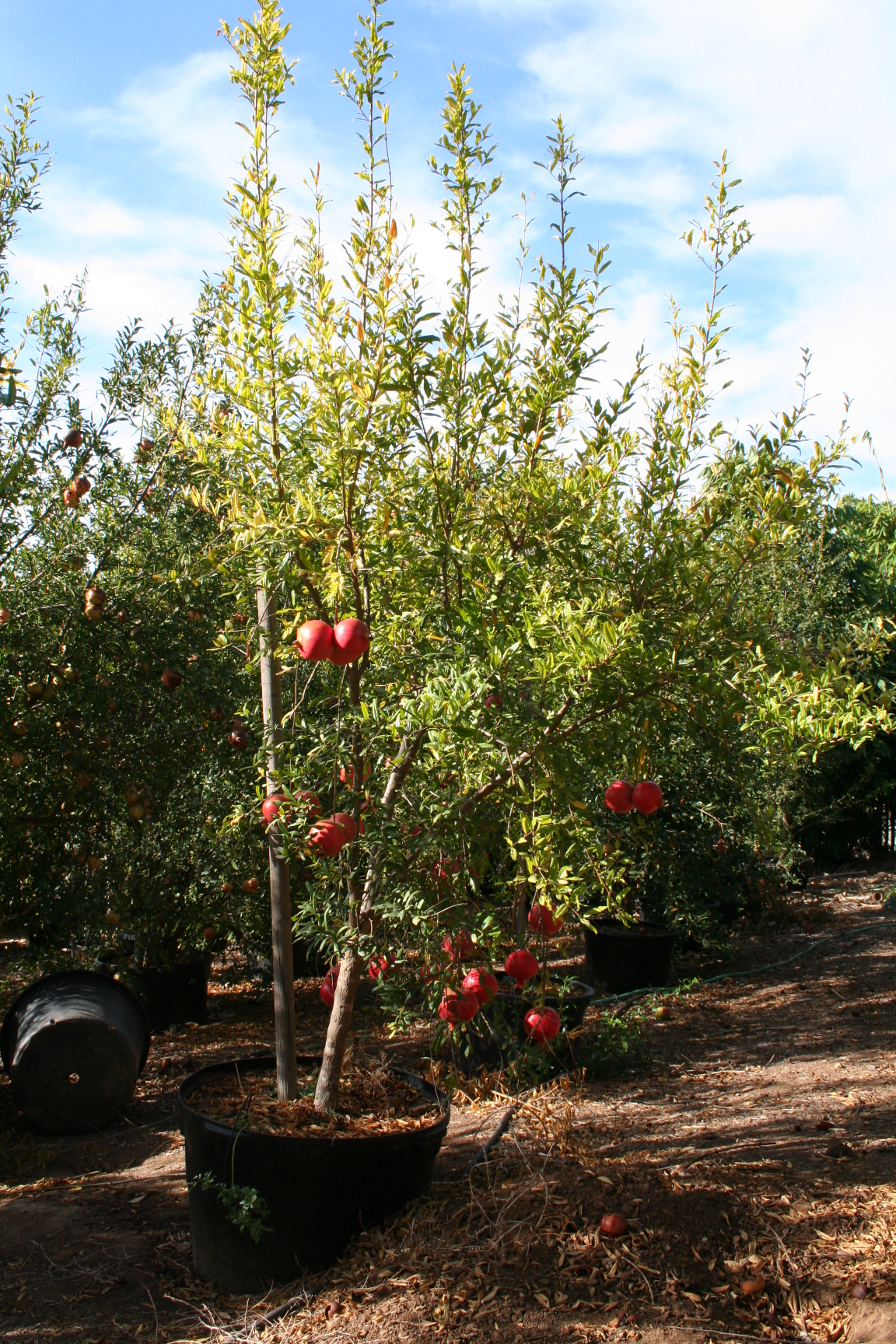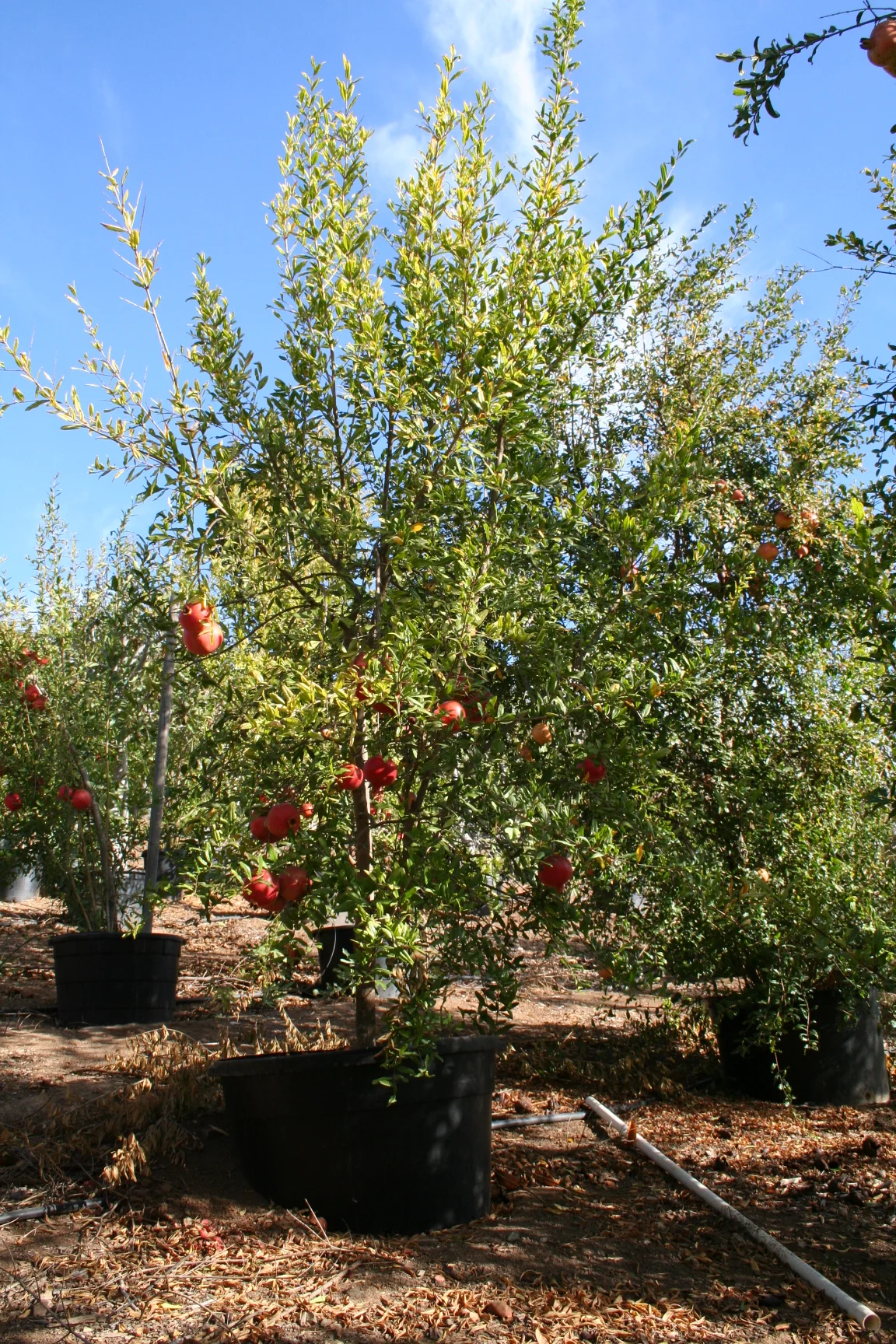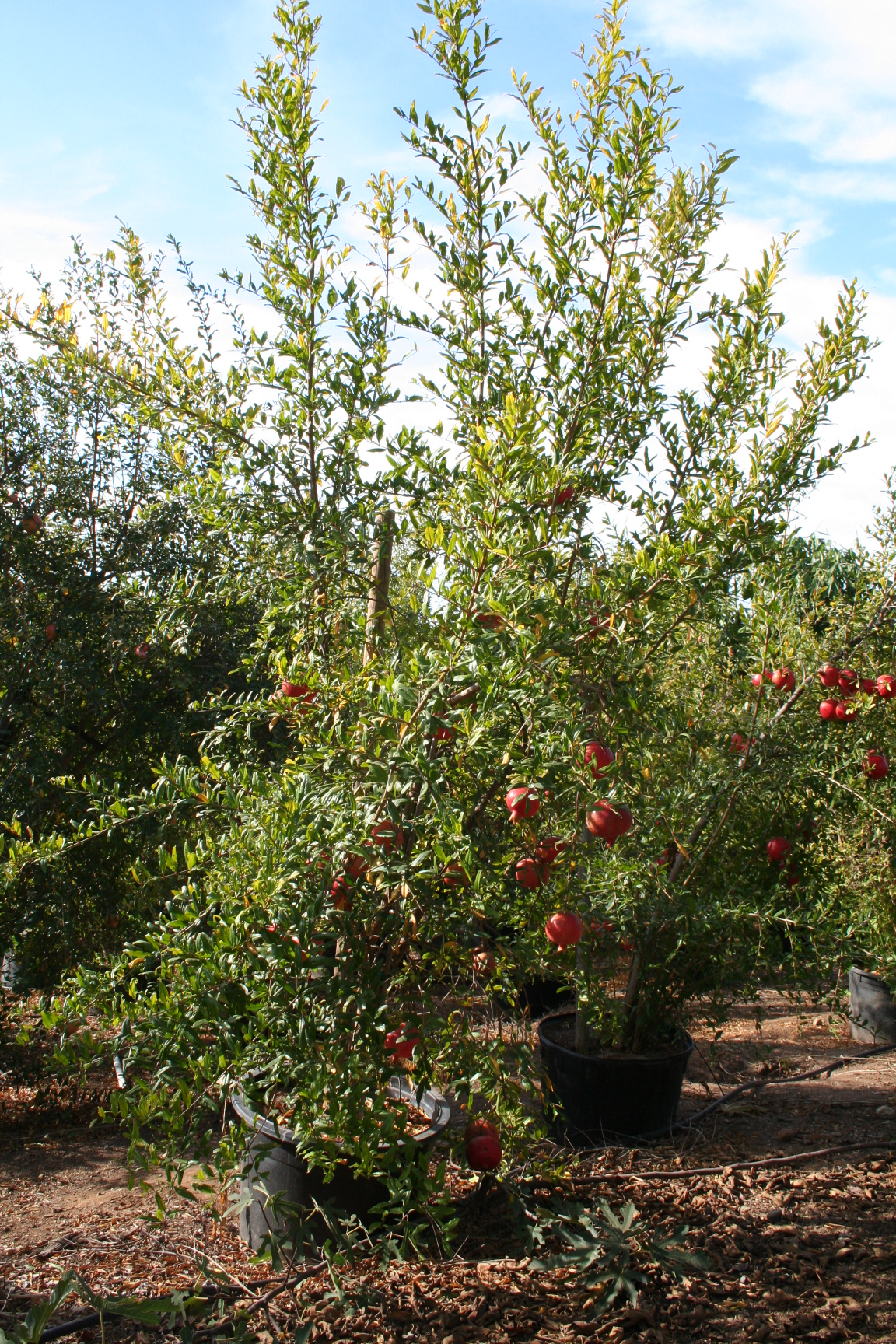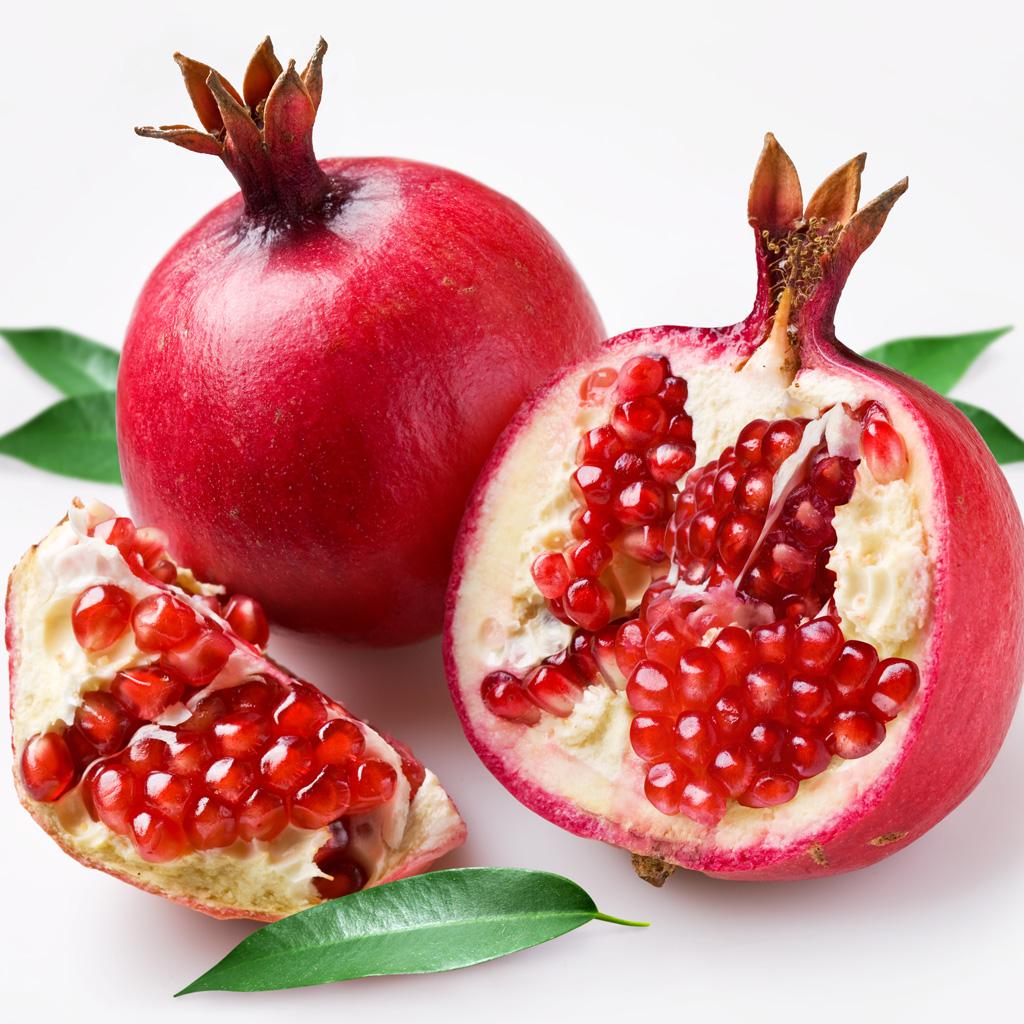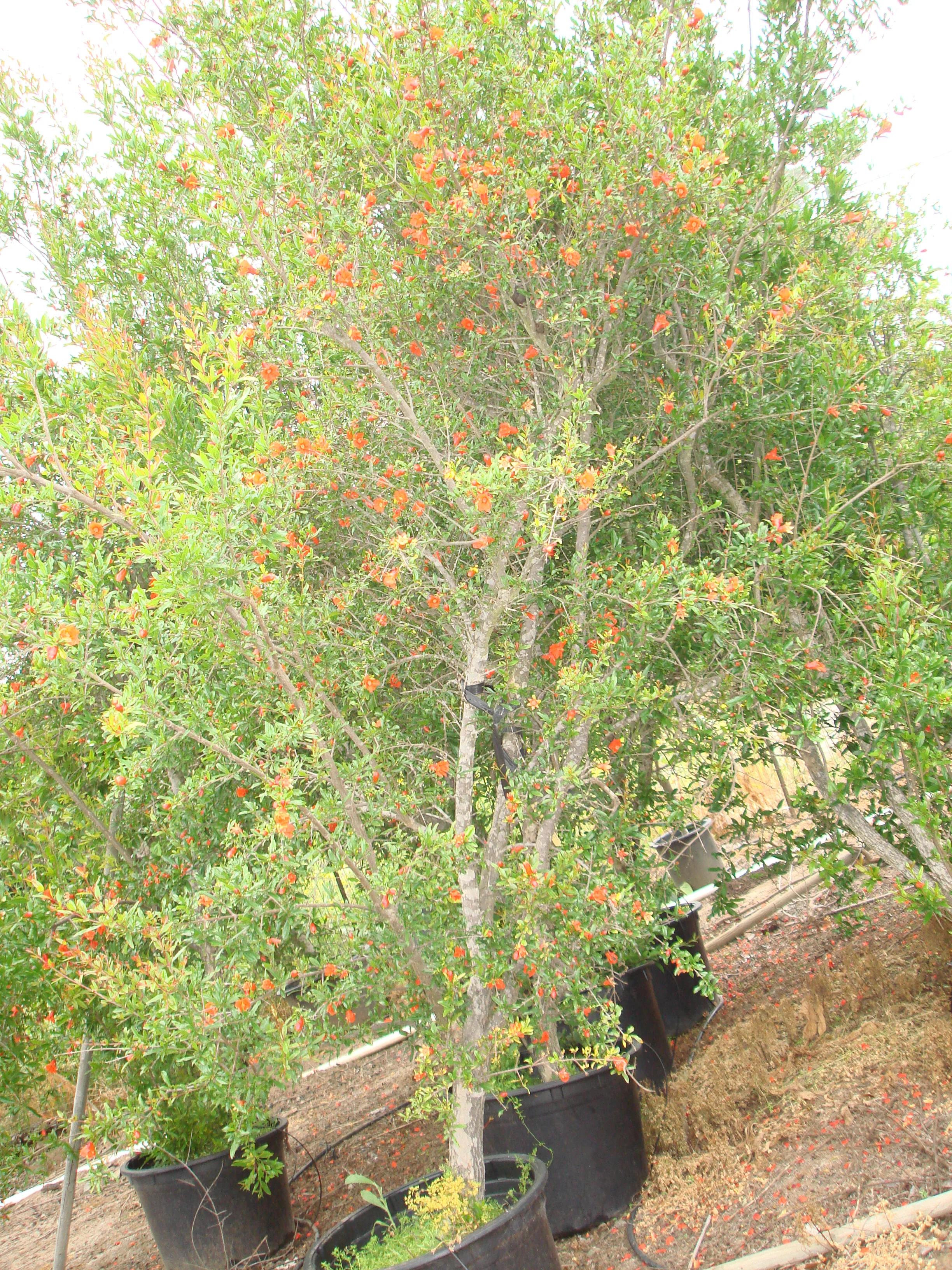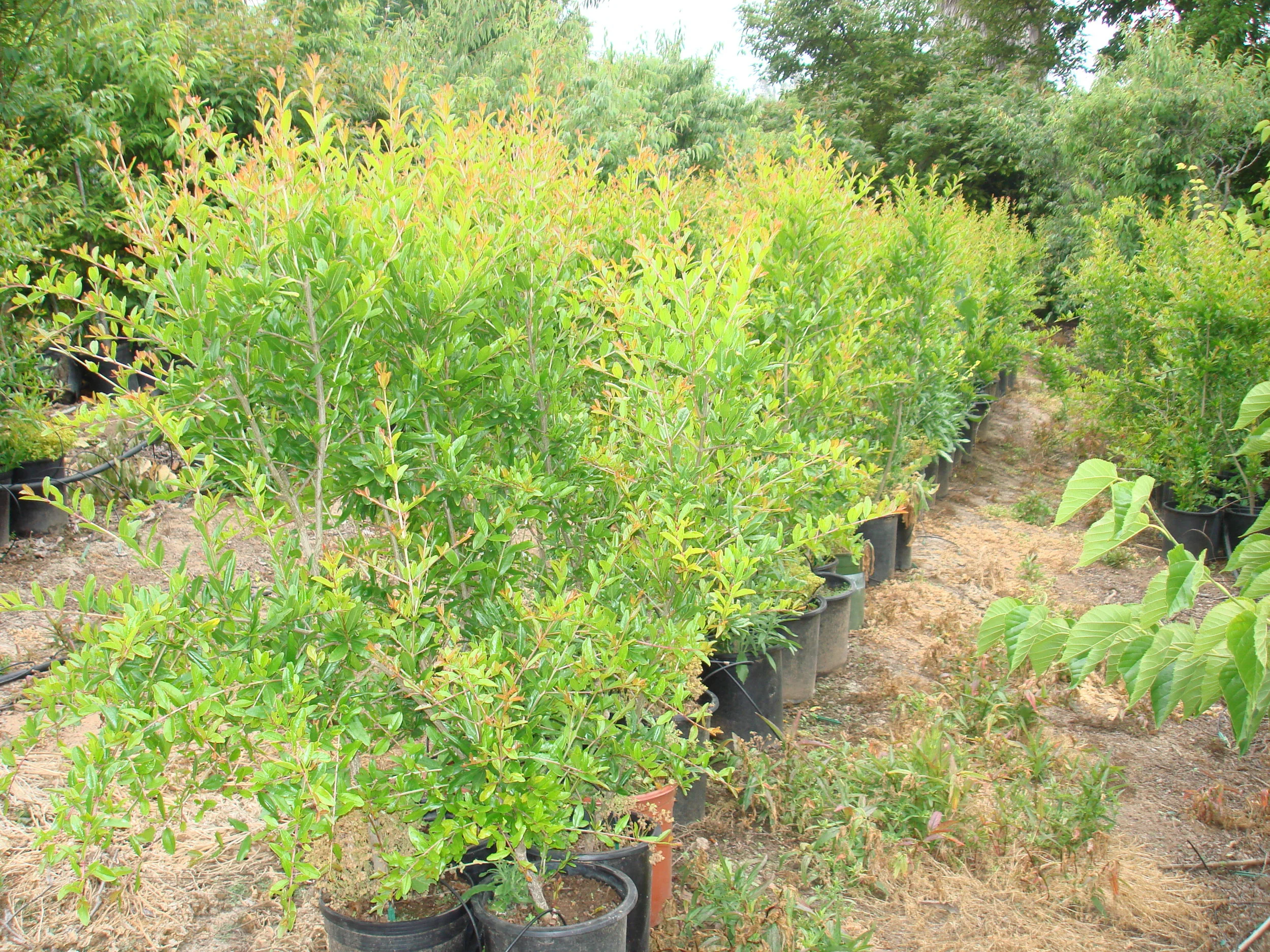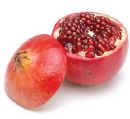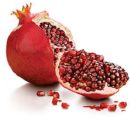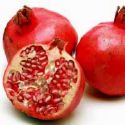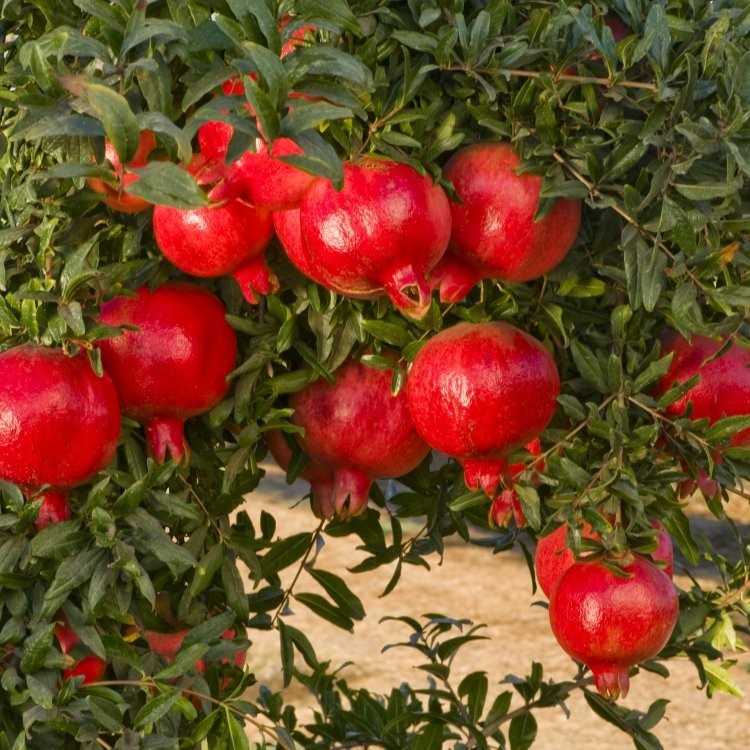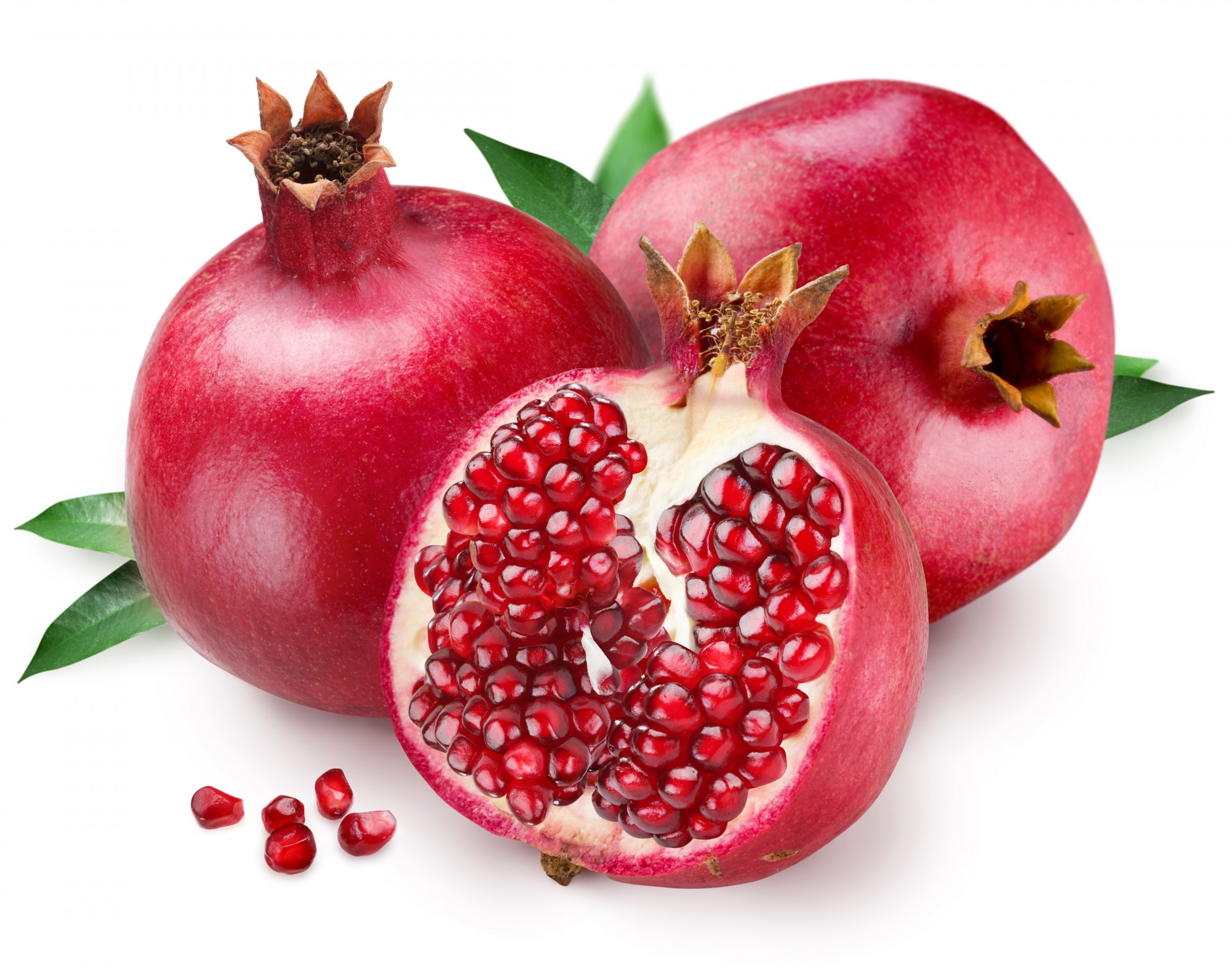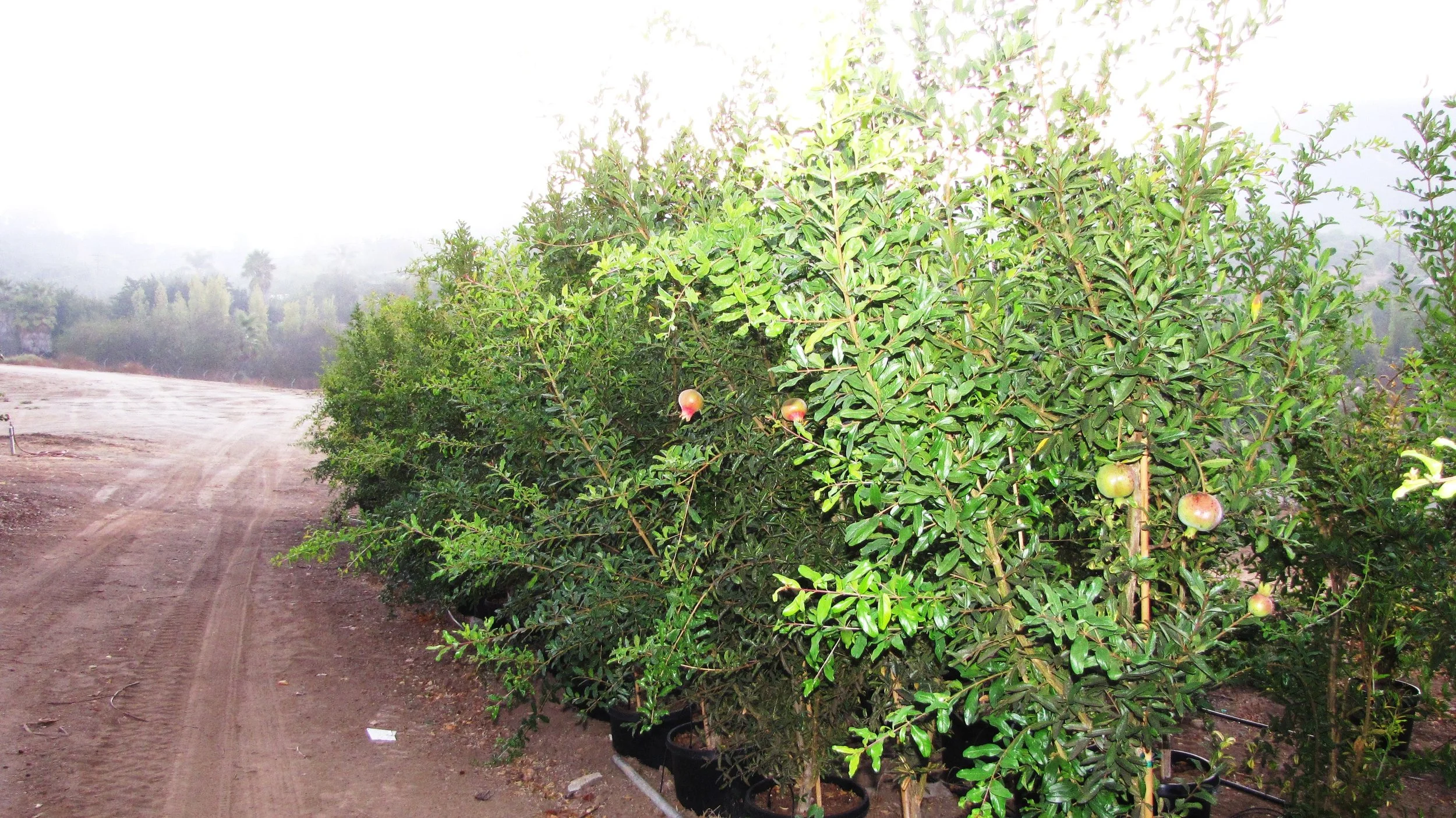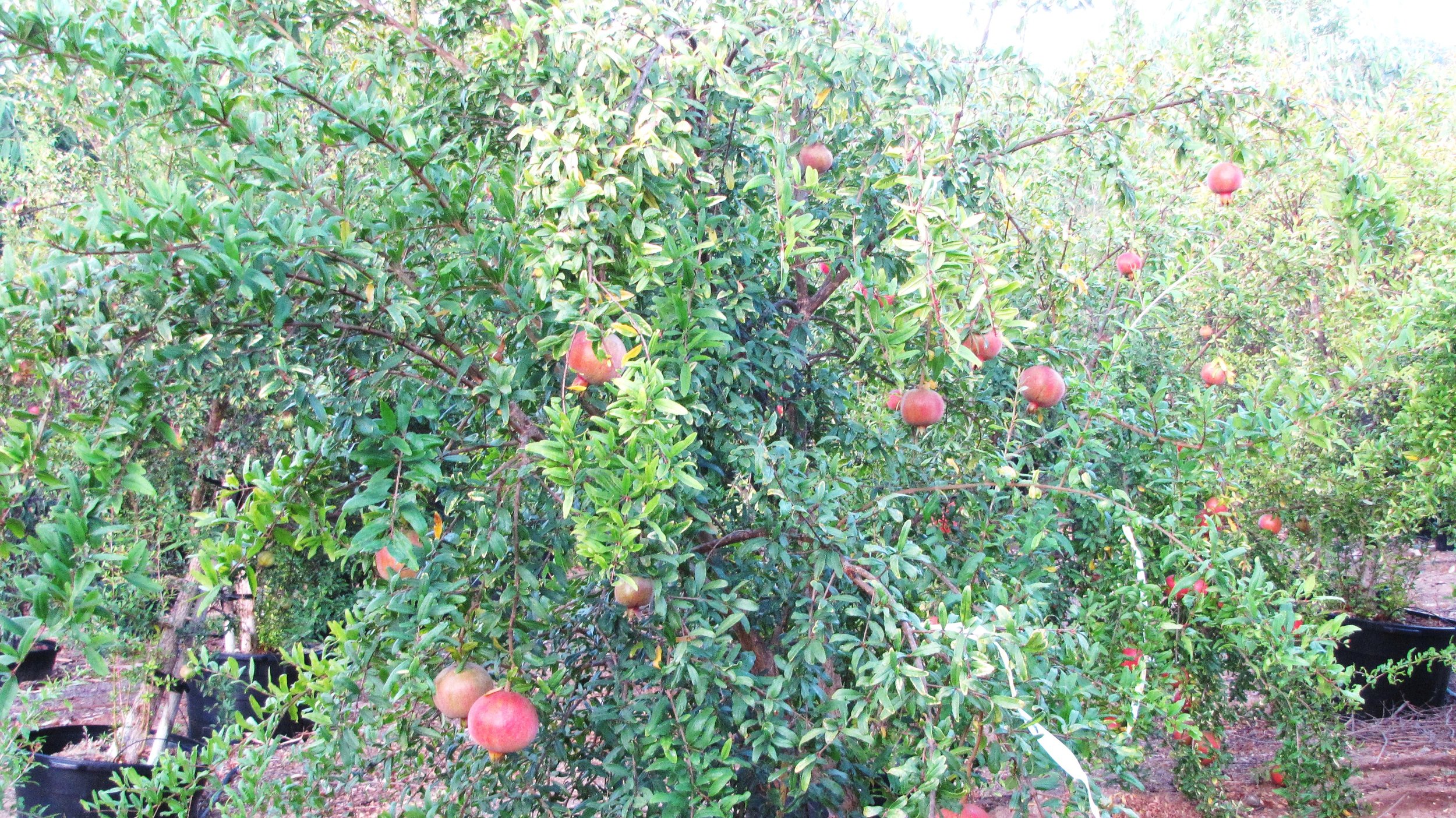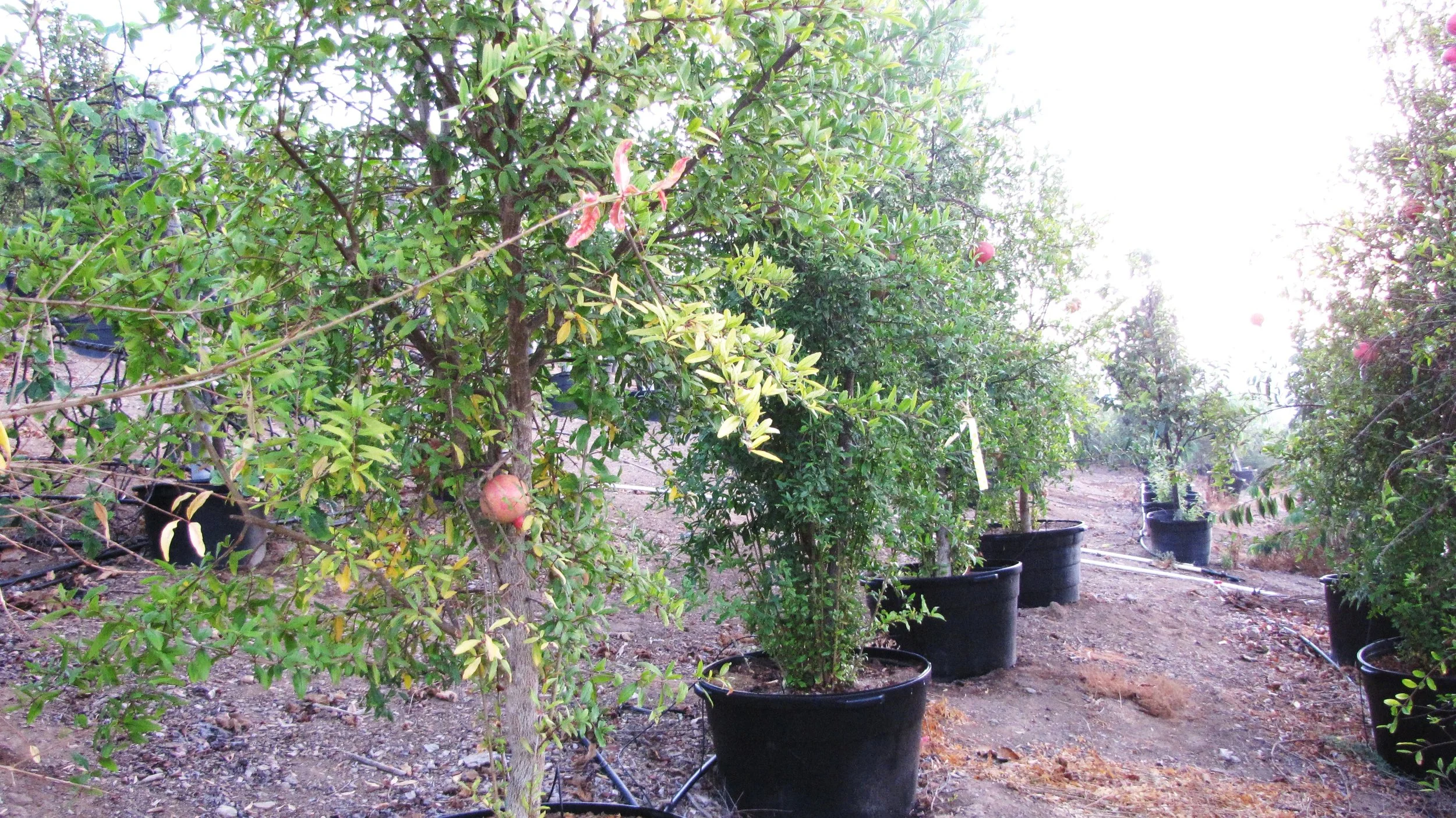“Fruit of the Dead” is a Wellspring of Life
With its role in the lore of a great many cultures throughout time, the complex mystique of the Pomegranate extends well beyond its literal design. Pomegranate fruit, known for its cavernous interior packed with delightful juice-covered seeds (formally known as “arils”), is believed to have been domesticated as early as the 5th millenium BC, and is native to the region stretching from modern-day Iran to northern India.
The Pomegranate was thought by the Ancient Greeks to have sprung from the blood of Adonis, and was also referred to as the “fruit of the dead,” based on the myth of Persephone. In modern times, Greeks still revere the Pomegranate fruit, and present it as a gift to new homeowners as a symbol of abundance, fertility and luck. It is also mentioned extensively in Hebrew and Christian texts, represents fertility, abundance and marriage in Armenian culture, and is a central reflection of Azerbaijani heritage.
Rich in Vitamin C, Vitamin K and Folate, the Pomegranate fruit has become a popular source of nutrition across the United States, and is grown extensively throughout Southern California.


